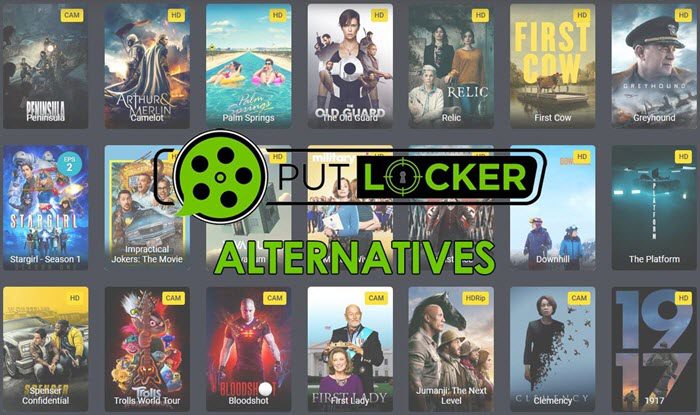In a series of tweets, Twitter’s founder, Jack Dorsey, announced that the platform he created will no longer accept publishing political ads around the world.
“We made the decision to stop all political advertising on Twitter, in a global way. We believe that the reach of a political message must be earned and not purchased.”
We’ve made the decision to stop all political advertising on Twitter globally. We believe political message reach should be earned, not bought. Why? A few reasons…🧵
— jack 🌍🌏🌎 (@jack) October 30, 2019
The new Twitter policy will be made public on November 15 and will have some exceptions (for example, ads promoting registration of voters will be allowed). The changes it brings will be effective from November 22, to allow a period of notice to advertisers already under contract.
Dorsey has posted several burst tweets to explain the reasons behind this decision.
“A political message wins when people decide to follow an account or retweet. Paying for greater reach removes this decision from the user’s hands and imposes perfectly optimized and targeted political messages. We believe that the decision of Internet users should not be compromised by money. ”
He goes on to explain that while Internet advertising is very effective for commercial advertisers, it poses significant risks in politics, where it can be used to influence votes that affect the lives of millions of people.
“Political advertising on the Internet presents entirely new challenges for civic discourse: optimizing the message made possible by machine learning and micro-targeting, misleading and unverified information, and deepfakes . All at a speed, on a scale and with an overwhelming sophistication. ”
Twitter distances itself from Facebook
Twitter’s decision falls just weeks after Facebook had to face the same problem. A few weeks ago, Mark Zuckerberg refused to remove Trump’s misleading ads about Joe Biden, one of the favorites in the Democratic nomination contest.
Despite endless criticism and questioning in the US Congress, Facebook has vehemently defended its decision for several weeks.
With their announcement, Twitter takes the opposite path. Jack Dorsey did not fail to throw a tip to Zuckerberg.
“For us, it’s not credible to say,” We work hard to prevent people from circumventing the rules of our systems to spread false information, but if someone pays us to aim and force people to see their political advertising … so they can say what they want,” he said.
“It’s not about freedom of expression. It’s about paying for extra reach. This has important ramifications that the current democratic infrastructure may not be ready to handle. It’s worth taking a step back to remedy the problem,” Jack Dorsey concluded on Twitter.
Mary Anderson is a tech reporter for Freeze Wall. Mary has previously worked for Android Athority, Yahoo, PCWorld, and VentureBeat covering countless stories concerning all things related to tech and science. Mary studied at the New Jersey Institute of Technology.






